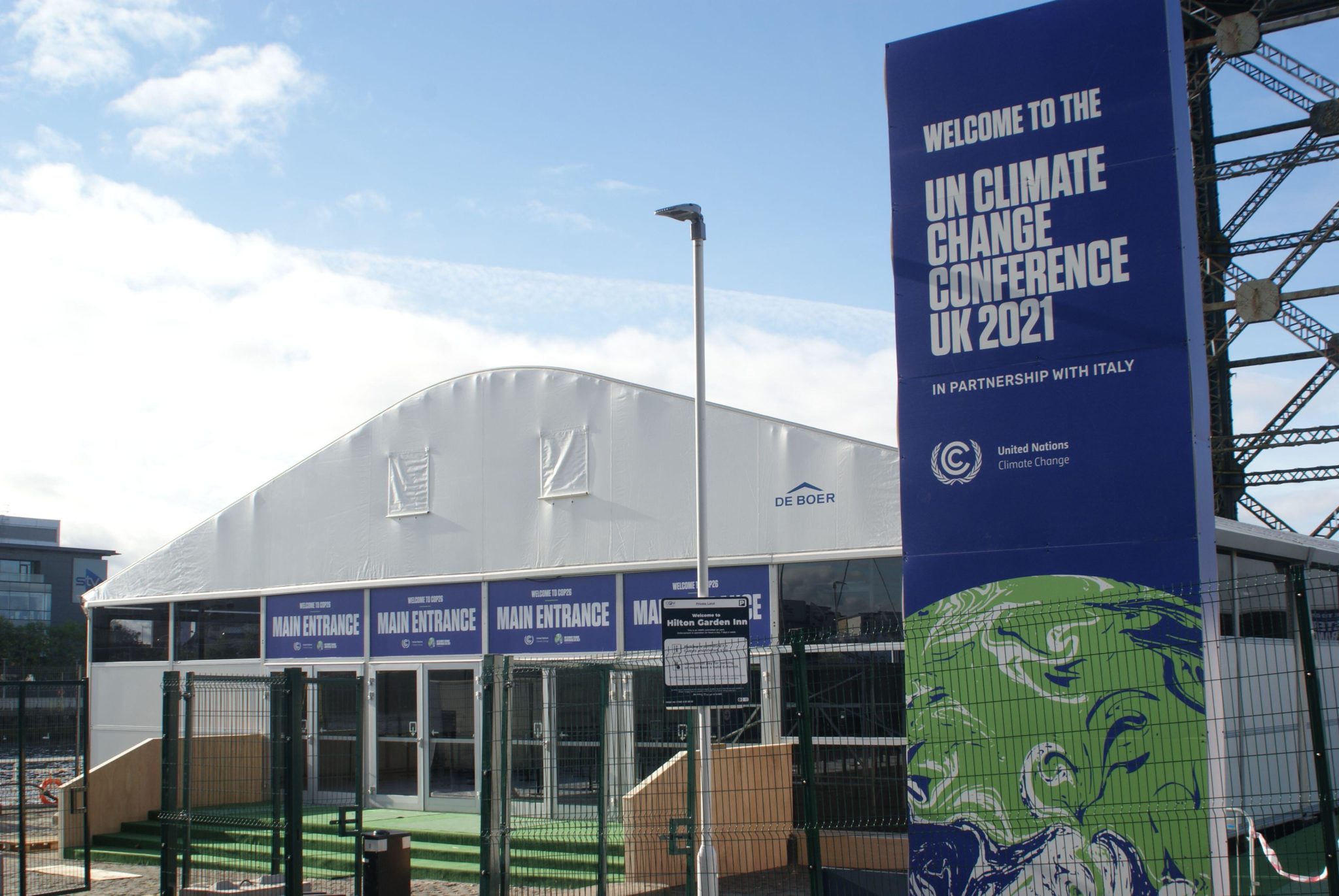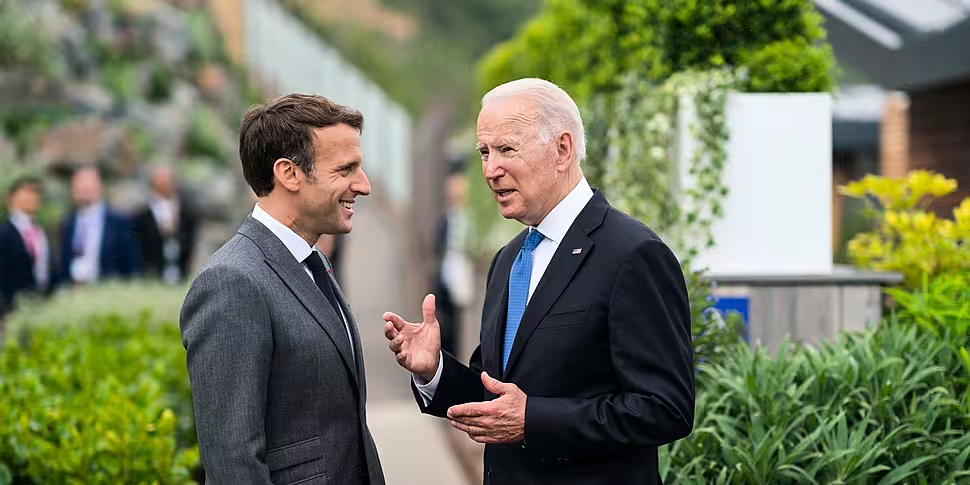More than 120 political leaders are gathering in Scotland for the 2021 United Nations Climate Change Conference, COP26.
Hopes are high that global agreement can be reached to reduce greenhouse gas emissions in order prevent the Earth from over-heating.
An Taoiseach Micheál Martin will outline Irish plans to reduce our carbon output by 2030 when he addresses delegates on Tuesday.
He says he hopes COP26 will be a "real coming together for global action".
"Climate change is already a reality in all parts of the world. If we are to leave a habitable planet to future generations we must act now," Mr Martin said.
“The challenge is big, but I have faith in the capacity of humans to work together to overcome it.
"Science is leading the way. Leaders must put the right policies in place, as we are doing in Ireland."
While British Prime Minister Boris Johnson will use his opening speech on Monday to call for action on "coal, cars, cash and trees".
He will say humanity has "long since run down the clock on climate change", warning that if we do not get serious today "it will be too late for our children to do so tomorrow".
Statements are also expected from US President Joe Biden, Charles Michel - president of the European Council - Ursula von der Leyen, president of the European Commission, French President Emmanuel Macron and Turkey's President Recep Tayyip Erdogan.
 The main entrance to COP26 in Glasgow, Scotland. Picture by: Mark Lowery / Alamy Stock Photo
The main entrance to COP26 in Glasgow, Scotland. Picture by: Mark Lowery / Alamy Stock PhotoOthers speakers are expected to include outgoing German leader Angela Merkel, Canada's Prime Minister Justin Trudeau, Australian Prime Minister Scott Morrison and India's Prime Minister Narendra Modi.
The leaders will also hear from Britain's Prince Charles and David Attenborough, who has described these talks as the last chance to prevent "runaway" global warming.
They will speak alongside António Guterres, the Secretary-General of the United Nations.
Leaders will deliver statements throughout Monday and Tuesday on their own climate action.
These announcements will provide the fuel to see through the rest of the talks over the next two weeks, as negotiators and ministers seek side-deals on things like phasing out coal or financing adaptation - which means helping poor countries with the infrastructure to cope with the impacts of global heating.
Momentum going into the talks was modestly boosted by the G20 meeting over the weekend - where 20 major economies agreed to end international coal finance this year, following similar commitments by G7, South Korea, Japan, China and the OECD.
There was also a new stronger consensus about the need to limit warming to 1.5°C rather than a previous upper limit of 2°C.
Science has recently made it clearer that we will still experience extreme weather and human suffering even at 1.5°C, and that we should therefore keep warming as low as possible and under the lower limit.
The world is currently on track for 2.2-2.7°C of warming.
However, the G20 was less clear on how they would phase out fossil fuel subsidies and domestic coal use, or how they would mobilise climate finance.
Additional reporting: IRN









